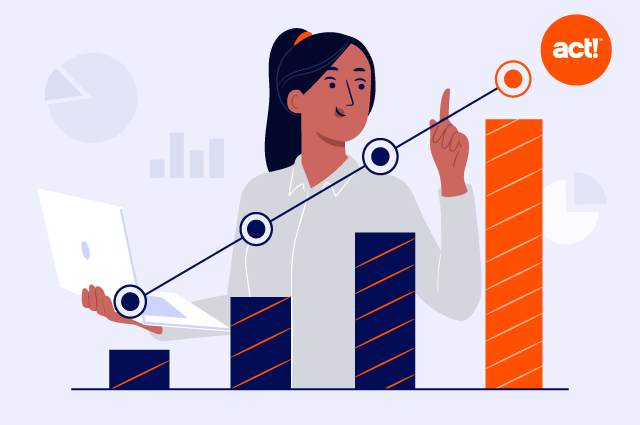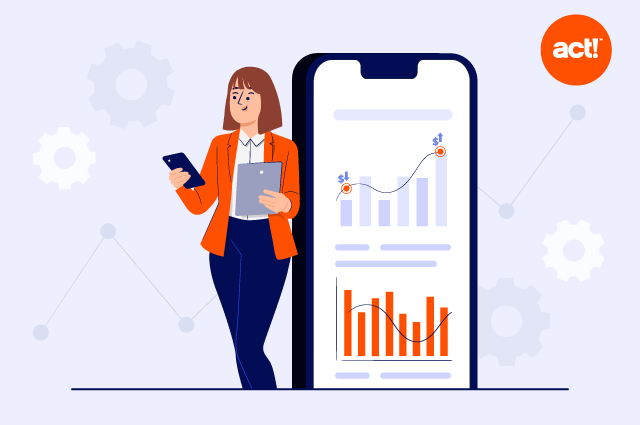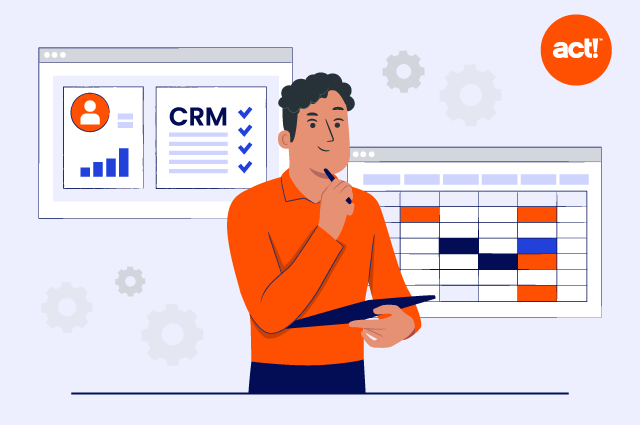
Managing your accounts and cash flow efficiently and effectively is key to the success of any small business, so why are so many companies still using manual accounting methods?
According to research, almost one-third of small businesses are relying on manual processes such as pen and paper or Microsoft Excel to manage their expenses.
It’s time-consuming and expensive to manage your accounting manually. In the UK, it takes around 110 hours per year to complete the necessary tax obligations.
That’s why you need to automate your processes by using accounting software so you can better run your small business.
We know choosing new software is a headache, which is why we’ve put together our picks of the best accounting software for small businesses.
Xero
Xero is a cloud-based accounting software specifically aimed at small businesses. What makes Xero one of the best accounting software for small businesses is that it both provides tools for companies to monitor financial performance in real-time, as well as features for accountants to help ensure their clients have healthy balance sheets.
Xero’s key features include:
- Reporting capabilities that can be tailored to track your specific financial KPIs and compare your company’s financial performance against actual or selected periods.
- Ability to prepare a detailed budget or import an existing one
- Accept payments online from providers like Stripe and PayPal (as well as with credit cards) in multiple currencies
- Manage your fixed assets in one place
- Connect to your bank account so your transactions can flow in and out, and you can reconcile outgoings and income with your bank statements
- Take photos of receipts to file as expenses and then add labels to categorise these expenses
- Create and send invoices, as well as send automated payment reminders to clients when their invoices are overdue and need to be paid
You can also expand Xero’s capabilities through native integrations, for example, you can manage your payroll with the Gusto payroll integration.
Quickbooks
Quickbooks accounting software is geared towards small businesses and is available both on-premise and in the cloud, as well as through a mobile app.
Quickbooks’ main features include:
- Record expenses by photographing and saving receipts with the mobile app
- Ability to manage cash flow by scheduling recurring payments and only paying bills from vendors when they are due
- Invoicing capabilities that allow you to create invoices customised to your brand, and send and track these invoices so you can get an overview of unpaid bills
- Customizable reports and dashboards to help you get on top of your business’ financial performance. This includes generating pie charts and bar graphs with profit and loss, balance sheets, and cash flow statements
You can also give your accountant access to your Quickbooks cloud account so they can manage your finances from anywhere. Quickbooks enables simultaneous logins from multiple people, such as your accountant, and your co-workers, employees, or managers.
With automatic data backup and sync, you always have an up-to-date picture of your business’ finances and your cashflow.
Freshbooks
Small business accounting software Freshbooks has six main sets of features:
- Invoicing – either automatically or manually add expense and client information, as well as any time tracked. This speeds up the invoicing process
- Expenses– photograph and file expenses using either the mobile app or on a desktop
- Time tracking – log minutes and hours automatically, which you can then add to invoices
- Projects – keep track of deliverables and timelines by storing all files, feedback, and conversations in one place so you can stick to a schedule
- Payments – customers can pay online using a credit card, while the Stripe integration enables automatic deposits
- Reporting – customize reports with key information so you can make better forecasts and understand your income and outgoings.
Other features in Freshbooks that make it a suitable solution for small businesses include automated and customizable payment reminders for clients who haven’t paid yet, automatic late fees, multi-currency billing, multi-language invoicing, and the ability to apply discounts to payments.
Freshbooks also comes with a mobile app for Android and iOS so you can keep track of your accounts on the go.
Freeagent
Freeagent accounting software is aimed at small businesses, as well as freelancers and micro businesses and their accountants. It aims to streamline the bookkeeping process for businesses that are looking to automate their account processes. It’s been recognized by the industry for the innovation in its software, being named Small Business Accounting Software of the Year at the Accounting Excellence Software Awards.
Freeagent’s most important features include:
- Create invoices from a customisable template in multiple currencies and languages and send them via email or post, as well as set up recurring invoices
- Accept payments online using credit cards, direct debit, or PayPal and Stripe
- Get an overview of unpaid bills and send automated reminders to those clients
- Ability for both you and employees to photograph and file expense claims and track the status of these clients
- Better manage your projects by keeping track of your expenses, estimates, invoices, and tasks
- Link your bank account to Freeagent to important transactions, categorise transactions, and get an overview of your income, outgoings, and overall cash flow
- Dashboards help you stay up-to-date with the income and expenses of projects so you can see which are most profitable
Freeagent also includes a time tracking feature which you can use through its mobile app and on your desktop.
Wave
Wave is a free accounting software aimed at solopreneurs and small businesses. Accounting, invoicing, and receipt scanning functionality is free, but businesses have to pay for payment processing on a pay-per-use basis.
Wave’s key features include:
- Customisable reports thatshow month-to-month or year-to-year comparisons to help you better understand your cash flow
- Connect an unlimited amount of bank accounts to Wave so you can track transactions
- A smart dashboard that provides a graphical overview of expenses, income, invoices, and payments
- Double-entry accounting functionality
- Create customisable invoices from Wave’s templates
- Ability to create recurring invoices and enable automatic credit card payments for repeat business
- Accept credit card and direct debit payments online
- Scan and track receipts and expense reports
Wave also has an active online community on its website, which can help you get answers to questions and find resolutions to your problems.
What is the best accounting software for small business?
There is no one, overall best small business accounting software; it all depends on the needs of your company. Each business is different, which is why it’s important to thoroughly research and try any software before you decide to buy. Make sure you also get the input of anyone who will be using the accounting so you can ensure you get the features that they need.





